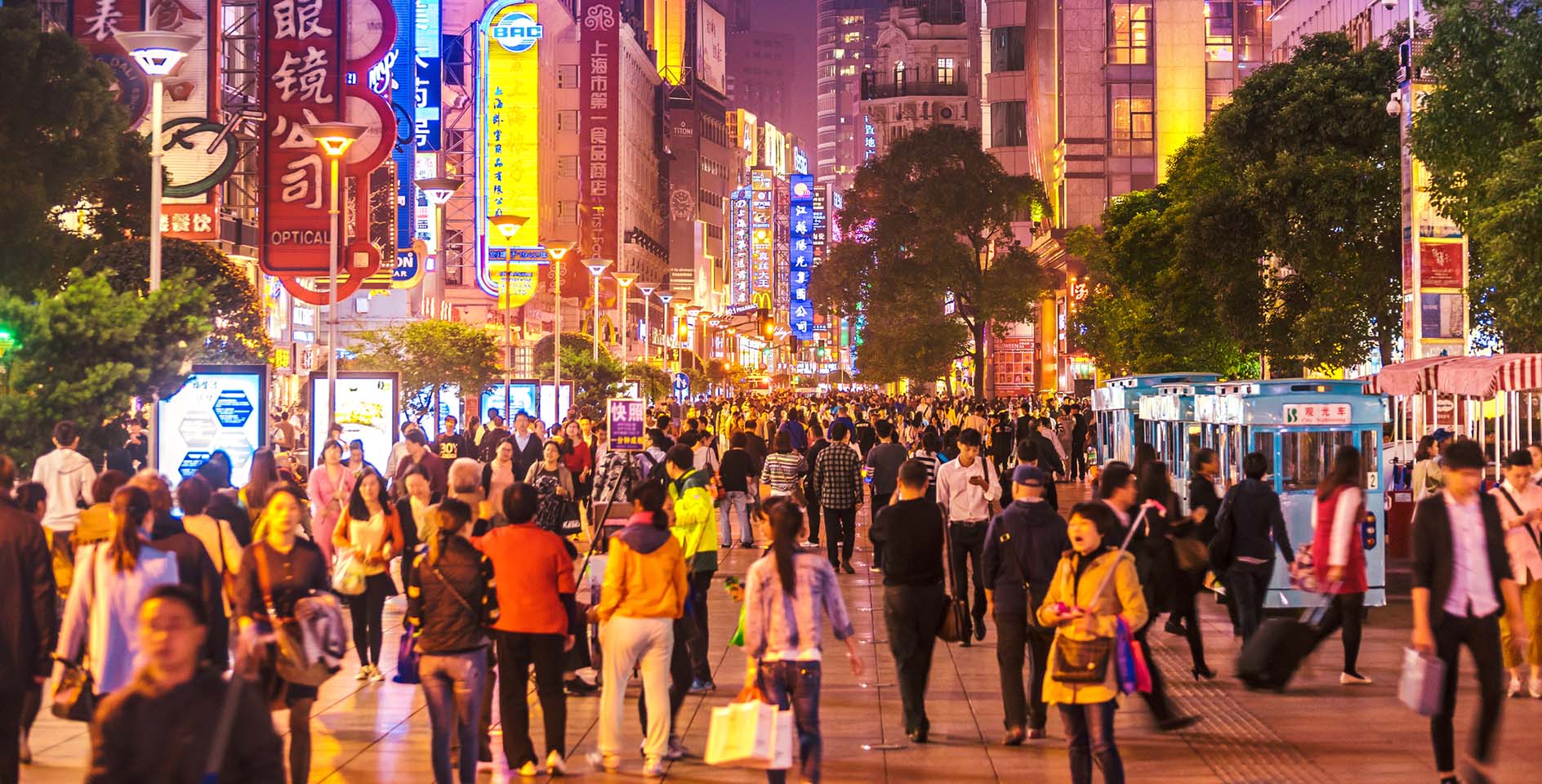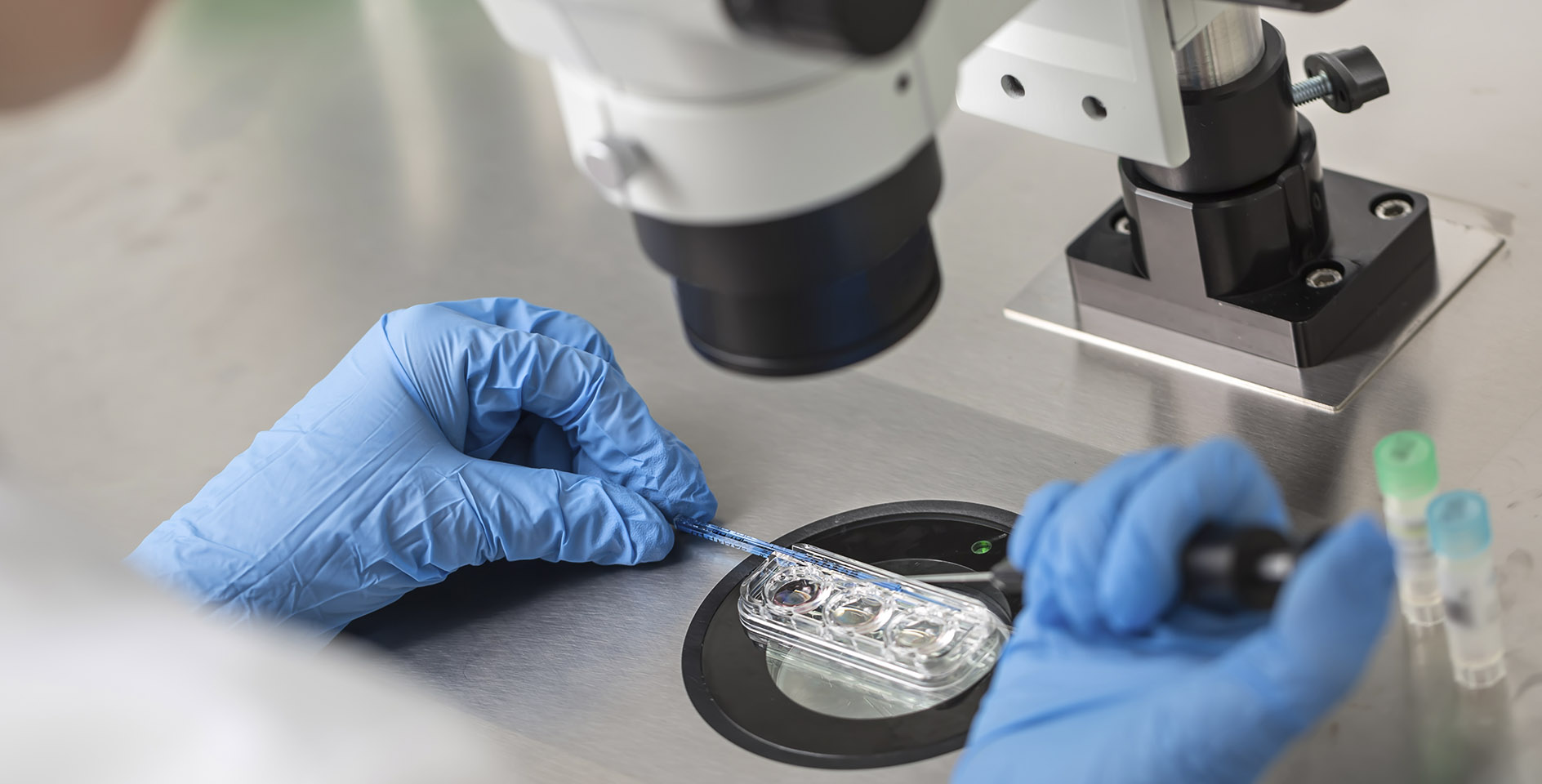Jason Lee got a wakeup call on 9/11.
He was serving as a missionary in Kenya in 2001. Ten percent of the population he served were Muslim Somali refugees.
When the news of the terror act on U.S. soil reached the village, there were indigenous Kenyans who offered to protect him from Muslims, whom they feared would attack him because he was American.
“I didn’t have a loved one in the trade center, and I didn’t know anyone killed in any of the plane crashes,” he said. “But I got kind of a wakeup call, being in a land with such uncertainty.”
Several months later—stateside—Lee’s wife, a registered nurse who speaks Arabic, befriended some African Muslim women. Through her newly formed friendships, she learned there were 200-300 Somali refugees in their Kentucky community.
The Lees soon began going into their homes, ministering to them as they had fellowship.
“God was tugging on our hearts, which he had already developed for these people groups,” said Lee.
Today, Lee leads The Acts 17 Initiative, a local initiative launched out of Clarkston International Bible Church (CIBC) in Northeast Atlanta that exists to serve refugees.
“We launched The Acts 17 Initiative to equip the local church, and to serve the local church by helping them engage in refugee ministry,” he said.
The Clarkston area has welcomed refugees since 1975, when the Indochina Migration and Refugee Act was passed under President Gerald Ford. Since that time, there’s been in influx of refugees from Vietnam and Laos move into the Northeast Atlanta area.
Other prominent people groups who have fled to this area include Burmese, Syrian, and most recently (since 2014), an estimated 700-1,000 Rohingyas—a group of Muslim minorities from Buddhist-dominated Myanmar.
“[Clarkston] is where the MARTA (the Greater Atlanta area’s public transit system) ended,” said Lee. “It also the site of the state’s only ESL school—now known as Georgia State University.”
The Clarkston church campus is providentially “the epicenter center of the community,” as Lee describes, with around 15,000 people living insider a two square mile area.
As missions pastor at CIBC, Lee helps coordinate seven ethnic churches on campus and 13 nonprofit mercy ministries.
Because Northeast Atlanta has one of the highest national concentrations of refugees, the church hosts 300-400 people from congregations on short-term mission trips from around the U.S. who come to serve with The Acts 17 Initiative.
But it’s not just people from other states coming in to help. The Acts 17 Initiative also mobilizes people other local churches to serve refugees.
“It’s now more important than ever for churches to come alongside refugees,” Lee explained, as he referenced the reduction of resettlement offices around the U.S.
“It’s a huge opportunity for the church. Many [resettlement agencies] may not be evangelical, but if you call and offer to help, they will take you. There’s a volunteer shortage.”
During the recent Ramadan season, Lee lead discovery Bible studies in some Muslims’ homes in the community. And this summer, The Acts 17 Initiative is a partner in hosting an eight-week day camp on the CIBC property.
“A lot of these kids won’t have anywhere to go or anything to do,” said Lee, “and our camp is very gospel intentional.”
The 170 kids who attend each week vary in religious tradition—from Muslim to Buddhist to Christian.
And sometimes, serving the refugee community in Clarkston requires some plumbing work. “Someone left the sink on in their bathroom,” said Lee. “So I grabbed some tools and bucket and showed up.”
Whether it’s Bible study, kids camp or plumbing projects, the ultimate goal of The Acts 17 Initiative is ministry to the vulnerable and disciple making.
And there’s also been a focus on advocacy.
“We feel strongly that to do justice and love our neighbor are calls to advocacy,” said Lee. “And part of our job at The Acts 17 Initiative is to educate and equip churches to be advocates.”
Lee would say a person doesn’t have to be a legal professional or a diplomat to be an advocate for refugees.
“All refugees are required to learn English, and get employed,” he said. “And people in the local churches can rally around them and help them learn the language.”
Other times, it means helping them understand the jargon on medical bills—like Lee’s medically-trained wife is known to do on occasion.
And often—and most simply—advocacy can take the form of hospitality.
Lee told the story of a Syrian family who moved to the area in the fall of 2017.
“They’re devout Muslims, but they’re very open to come to the church campus for activities. And they’ll tell you that followers of Christ were the first to welcome and help them,” he said.
“Jesus told us to love our neighbor. And we’re going to do that, because the God who’s in control of where they go and where they lay their head is bringing the nations here for us to love.”










